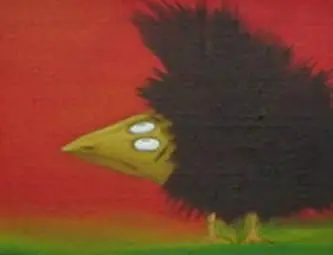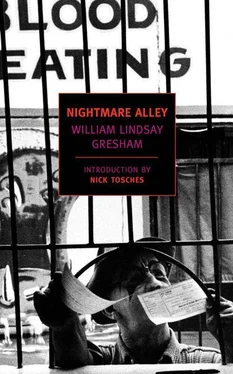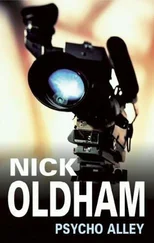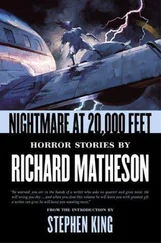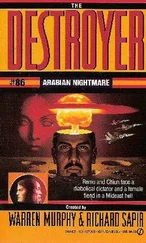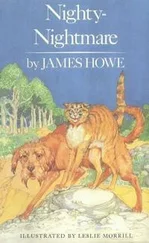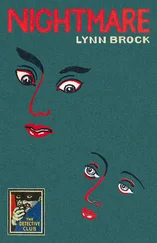She drew the mike toward her and her tits bulged on each side of the rod Christ what an old bag…
Cuddle up and cuddle up with all your might!
She rubbed her belly against the microphone…
Oh! Oh! I never knew
any boy
like
you!
“Waiter-waiter, tell the singer to let me buy her a drink…”
When you look at me my heart…begins to float ,
Then it starts a-rocking like a…a motor boat!
Oh! Oh! I never knew
Any boy…like…you!
“Whew, I’m all winded. Ya like that number? The old ones always the best, ain’t they? Thanks, sport-same as ever for me, Mike. Ain’t I seen you in here before, honey? Gee, you been missin’ a good time…”
All hallways look alike and the lights burning black dressers and yellow bedspreads kiss me “Yeah, sure, honey, keep your pants on long enough for me to catch my breath. Them stairs- whew!”
Smell of face powder sweat perfume “Yeah, honey, I’ll peel. Wait a minute, can’t you? Never mind a chaser, just lean on the bottle, sport. Boy, this ain’t bad. C’mon over and get friendly, honey, mamma’s going to treat you right. Gee, ain’t you the handsome one! Hey, honey, how about giving me my present now, huh? Where’d you get all them dimes? Holy gee, you musta stuck up a streetcar company. No more jumpsteady for me, honey, let’s ‘make a baby’-I got to get back.”
Groping in the dark he found it, lying on its side there was still a drink in it oh Jesus I got to get out of here before they see this room…
The sun blinding him, feel in the lining, maybe some of them slipped down…one more roll of dimes…tie them in the tail of the undershirt this damn fleabag’s a fleabag but the bottle don’t need any corkscrew and to hell with water I fixed ’em all, the bastards, they’ll never find me…covered my tracks too smart for ’em the bastards I bashed him right in the face and he fell back on the divan with his mouth hanging open the old bastard never knew what hit him but I’ll slip them yet and work it in a Hindu outfit with dark makeup but there was one more drink the damn thieves somebody sneak in here and lap it up let me out of here got to get air oh Jesus the goddamned chairs are sliding back and forth back and forth and if I hold on tight to the carpet I won’t slide and hit the wall with his fist beating away on the mantelpiece she sits straight up on the edge of the sofa looking at herself in the glass sign in front of the church when they boarded up the attic door and his hands bunching up the tablecloth as I rammed it into him, Gyp. That fat bastard I hope I blinded him following the star that burns in his lantern head down from the living wood.
In the office trailer McGraw was typing out a letter when he heard a tap on the screen door. He shaded his eyes against the desk lamp and said out of the side of his mouth, “Yeah, what?”
“Mis’er McGraw?”
“Yeah, yeah. What d’ya want? I’m busy.”
“Wanna talk t’you, ’bout a ’traction. Added ’traction.”
McGraw said, “Come on in. What you got to sell?”
The bum was hatless, shirt filthy. Under his arm he carried a roll of canvas. “Allow me t’introduce myself-Allah Rahged, top-money mitt reader. Got m’banners all ready t’go t’work. Best cold reader in the country. Lemme give you demonstration.”
McGraw took the cigar out of his mouth. “Sorry, brother, I’m full up. And I’m busy. Why don’t you rent a vacant store and work it solo?” He leaned forward, rolling up the paper in the typewriter. “I mean it, bud. We don’t hire no boozers! Jesus! You smell like you pissed your pants. Go on, beat it!”
“Jus’ give me chance make a demonstration. Real, old-time, A-number-one mitt reader. Take one look at the mark, read past, present-”
McGraw was letting his cold little eyes slide over the man whose head came within an inch of the trailer roof. The hair was dirty black, but at the temples and over the forehead was a thin line of yellow. Dyed. A lammister.
The carny boss suddenly smiled up at his visitor. “Take a seat, bud.” From a cupboard behind him he lifted a bottle and two shot glasses. “Have a snort?”
“I thank you, sir. Very refreshing. I’ll need only a fly and a bridge table-hang my banners on the edges of the fly.”
McGraw shook his head. “I don’t like a mitt camp. Too much trouble with the law.”
The bum was eyeing the bottle, his red eyes fastened on it.
“Have another? No, I don’t like mitt camps. Old stuff. Always got to have something new. Sensational.”
The other nodded absently, watching the bottle. McGraw put it back in the cupboard and stood up. “Sorry, bud. Some other outfit, maybe. But not us. Good night.”
The rum-dum pushed himself up, hands on the chair arms, and stood, swaying, blinking down at McGraw. Then he ran the back of his hand across his mouth and said, “Yeah. Sure.” He stumbled, reached the screen door, and pulled it open, gripping it with his hand to keep his balance. He had forgotten the soiled canvas banners with their gaudily painted hands. “Well, so long, mister.”
“Hey, wait a minute.”
The lush was already back in the chair, leaning forward, his hands spread against his chest, elbows on the chair arms, head lolling. “Hey, mister, how ’bout ’nother li’l shot ’fore I go?”
“Yeah, sure. But I just happened to think of something. I got one job you might take a crack at. It ain’t much, and I ain’t begging you to take it; but it’s a job. Keep you in coffee and cakes and a shot now and then. What do you say? Of course, it’s only temporary-just until we get a real geek.”
WILLIAM LINDSAY GRESHAM was born in Baltimore on August 20, 1909. His family moved briefly to Fall River, Massachusetts, in 1916, then to New York City, where he graduated from Erasmus Hall High School in Brooklyn in 1926. Gresham’s was a tortured mind and a tormented life, and he sought to banish his demons through a maze of dead-end ways, from Marxism to psychoanalysis to Christianity to Alcoholics Anonymous to Rinzai Zen Buddhism. From these demons came his novel Nightmare Alley (1946), one of the underground classics of American literature. He wrote one more novel, Limbo Tower (1949), which went largely unnoticed. Three nonfiction books followed: Monster Midway (1953), Houdini (1959), and The Book of Strength (1961). Nightmare Alley brought Gresham fame and fortune, but he lost it all. The second of his three wives, the poet Joy Davidman, left him in 1953 for the British author C. S. Lewis. He killed himself in New York City on September 14, 1962.
NICK TOSCHES is the author of fifteen books of fiction, nonfiction, and poetry. His most recent novel, In the Hand of Dante , was published in seventeen languages and selected as a New York Times Notable Book of the Year. He has long been working on a book about William Lindsay Gresham.
***
